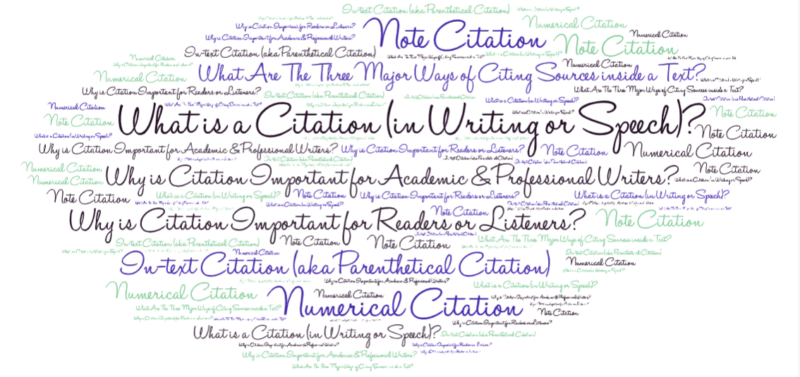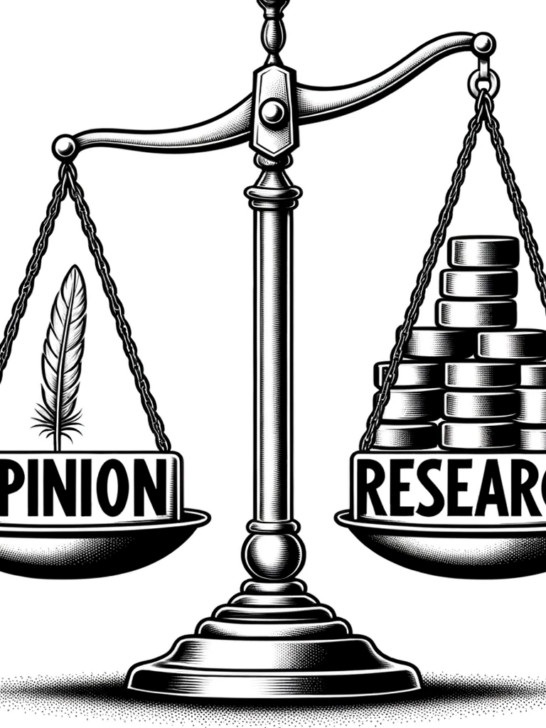Synonymous Terms
Drafting. Drafting refers to the act of writing a sloppy first draft. Writers engage in exploratory writing early in the writing process.
Composing. The term composing is preferred to writing or drafting in the humanities and the arts, especially writing studies and creative writing studies.
Related Concepts: Growth Mindset; Invention; Research; Self Regulation; Semiotics: Sign, Signifier, Signified; Writing Process.
What is Writing?
Writing refers to the act of using some sort of writing instrument (e.g., a pen, a keyboard, or iPhone) to compose a message to an audience using a symbolic system, typically written language.
- Writing is rhetorical
- Writing is social
- Writing is recursive
- Writing is a generative process
- Writing is a meditative, dialogic, reflective, embodied process
- Writing is a transformative technology that has had a profound impact on human consciousness, communication, and society
1. Writing is rhetorical
“The assertion that writing is “rhetorical” means that writing is always shaped by a combination of the purposes and expectations of writers and readers and the uses that writing serves in specific contexts”. (Framework)
Writing is inherently rhetorical, produced by individuals in specific rhetorical situations, and frequently shared among different audiences and different discourse communities. Writers consciously choose aspects like tone and style of writing to meet the expectations of their audience. Writing that is considered effective is responsive to the values, beliefs, interests, necessities, and commitments of the intended recipients.
2. Writing is social
“Writing is produced by people, in specific situations and contexts, and often (but not always) circulates among people. Writing is thus social—it is intended to speak to audiences for particular purposes. Even when a writer writes “for themselves” (e.g., in a personal blog or diary), they are their own audience” (“Understanding” 2018).
At the societal level, writing facilitates the development and distribution of knowledge. Through writing, communities can exchange information, resolve issues, and make joint decisions. Additionally, writing helps preserve cultural heritage and historical records, ensuring that future generations can learn from the past (“Understanding”, 2018).
Examples of writing as a social act
- Expression of Ideas and Thoughts:
- Writing allows individuals to express their ideas, beliefs, and emotions, which can foster understanding and empathy among readers.
- Communication and Collaboration:
- Writing serves as a means of communication and collaboration, enabling people to work together on projects, share knowledge, and build relationships.
- Influence and Persuasion:
- Through writing, individuals can influence others’ opinions, beliefs, and actions, thereby contributing to social change and development.
- Community Building:
- Writing can create a sense of belonging and community among individuals with similar interests or experiences, promoting social cohesion and support.
- Cultural Transmission:
- Writing plays a key role in transmitting cultural knowledge, values, and traditions across generations, helping to shape collective identity and understanding.
- Public Discourse and Debate:
- Writing contributes to public discourse and debate on various issues, facilitating the exchange of diverse perspectives and promoting social progress.
3. Writing is a recursive
Writers experience writing as a recursive process. When writing, writers pause. They re-read what they’ve written:
“[T]hroughout the process of writing, writers return to substrands of the overall process, or subroutines (short successions of steps that yield results on which the writer draws in taking the next set of steps); writers use these to keep the process moving forward. In other words, recursiveness in writing implies that there is a forward-moving action that exists by virtue of a backward-moving action” (Perl, 1980, p. 364).
4. Writing is a generative process
5. Writing is a meditative, dialogic, reflective, embodied process
Writing is a deeply embodied process that engages writers’ senses, emotions, and physical presence.
In “Understanding Composing,” Sondra Perl, a professor of English, suggests that writers begin writing only after they have a felt sense of what they want to say. Here, Perk is invoking Eugene’s Gendlens definnition of felt sense:
- pause during writing to reread what they want to say
- This rereading is guided by felt sense as writers compare what they’ve said to what they’d hoped to say. So—this is the moment of translation from thought to language, from neurons to signs, from the body to the empirical world.
- continue drafting, rereading, and analyzing. Reshuffle as necessary.
6. Writing transforms human consciousness, communication, and society.
Walter J. Ong, a prominent scholar in the field of orality and literacy, argues
that writing is not merely a way of recording speech but a technology in its own right (Ong, 1982). In Orality and Literacy: The Technologizing of the Word,
Ong (1982) theorizes that writing fundamentally alters the way humans think, process information, and interact with each other. He argues literacy enables greater abstraction, analysis, and introspection, leading to the development of complex societies and the growth of knowledge.
In oral cultures, knowledge and ideas are transmitted primarily through speech and memory, which necessitated the use of mnemonic devices, repetition, and formulaic expressions to facilitate the retention and recall of information.
In literate cultures, people are freed from focusing on their memories and oral traditions. Instead of concentrating on recalling information, they can focus on their own self interests.
Benefits of Literate Cultures
- Writing provides a stable and enduring medium for the preservation and dissemination of information. This enables societies to develop legal systems, governance, and educational institutions
- Writing provides a stable and enduring medium for the preservation and dissemination of information
- The written word enables ideas and knowledge to be transmitted across vast distances and preserved for future generations.
in contrast, writing affords humans with the opportunity to focus less o the communal memory, and instead focus on individualism,
Writing enables humans to externalize their thoughts, freeing their minds from the constraints of memory and facilitating more complex and abstract thinking. Ong theorized this externalization of knowledge led to the development of a more introspective and analytical mode of thought, as individuals were no longer solely reliant on their memory or the spoken word.
, which contributed to the growth of knowledge and the expansion of human understanding.
T
FAQs
When was writing developed?
The development of writing can be traced back to ancient civilizations. The Sumerians, who inhabited present-day Iraq, are credited with the invention of the earliest known form of writing, cuneiform, around 3400 BCE. Cuneiform was a system of pictographs and wedge-shaped marks made on clay tablets, representing words or syllables. The invention of writing allowed the Sumerians to record their history, laws, and trade transactions, leading to the growth of their civilization (Robinson, 1995).
The Egyptian hieroglyphs, dating back to around 3200 BCE, were another early writing system. Hieroglyphs were used to record religious texts, administrative documents, and monumental inscriptions. The Greeks and Romans later developed alphabetic writing systems that formed the basis for modern Western scripts.
What were the early critiques of writing?
Plato feared that writing might lead to a decline in oral tradition and interpersonal communication, which were essential aspects of learning and the transmission of knowledge in ancient Greece. Moreover, Plato argued that the written word was an inferior form of communication, as it lacked the ability to engage in dialogue and respond to questions or objections, unlike the spoken word.
In the “Phaedrus,” Plato presents a critique of writing through the myth of Theuth, the Egyptian god who is said to have invented writing (Plato, 360 BCE/1995). In the myth, Theuth presents writing as a gift to King Thamus, claiming that it will improve the Egyptians’ memory and wisdom. However, Thamus disagrees, arguing that writing may lead to forgetfulness and superficial understanding, as individuals will rely on written records rather than internalizing knowledge (Plato, 360 BCE/1995).
What does it mean to say that writing is rhetorical?
“When it is effective, writing is rhetorical, i.e., it takes into account the values, ideologies, interests, needs, and commitments of the people, the audiences, for whom it is intended” (“Understanding” 2018).
Writers engage in rhetorical analysis when they face an exigency, a call to write: Before writing, as part of the prewriting or drafting process, they investigate the context that surrounds the exigency—the call for discourse. Before putting pen to paper, they question whether or not responding in writing is a wise choice. And then, if it’s a kairotic moment — the apprproate time to write — writers adjust their composing process to account for the needs and expectations of their audience(s) and complexity of the topic. Regarding audience analysis, they might evaluate what they want their audience to think, feel, and do. Regarding the topic, they may decide what strategic searching, if any, is necessary. They gather evidence and information literacy practices to explore knowledge claims surrounding the topic. And then they decide whether they need to use any original research methods or if they can rely on memory, anecdote, and textual research.
What does it mean to say that writing is social?
Writing is a social process. Tacitly, we learn the lexis, jargon, diction, syntax, media, writing spaces, and grammar of the communities we interact with. Even if we are not conscious of it, we take the temperature in the room before we speak or write. In other words, we consider the existing tone. We look at the personas and voice of the works of people who are publishing on the topic; the archive. We notice the research methodologies and epistemologies that inform research and scholarship on the topic.
Discourse pivots on social processes and conventions. Our focus during the writing process invariably returns to audience. As we enter new rhetorical situations, we adjust our style of writing. As we move across boundaries of discourse communities, without even being conscious we are doing it, we engage in code switching behaviors. We adjust our vocabulary, diction, voice, tone, persona, methods of argument, syntax in response to the expectations of the audiences.
Recommended Reading
- NCTE (2018). NCTE position statement: Understanding and teaching writing: Guiding principles. NCTE.






















